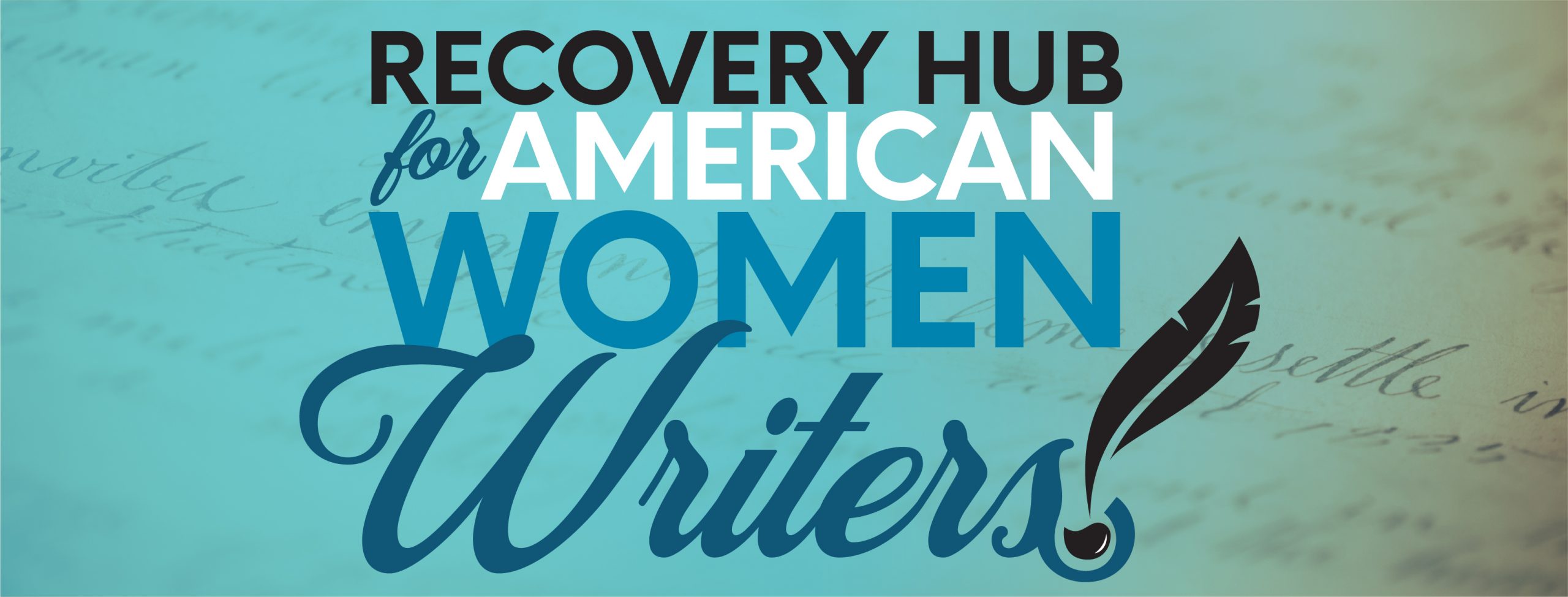Designed by Ashley Reed, Emily Rau, Jessica DeSpain, and Meg Smith
For longer explanations of these topics, see “Planning a Project” and “Managing a Project” articles in the Resources section.
Considerations for the Materials/Content
What legal considerations should you consider before sharing material publicly online?
Will the project contain transcriptions of a text only or will it also include digital images, videos, or audio?
What key questions are you hoping to address? Is the text itself the point of the project? The history surrounding the text? Will the project require material, temporal, or spatial forms of analysis?
Whose stories will the project share, and how will you ensure you are doing so ethically by providing access to appropriate data and being inclusive of the right voices in project design?
Goals, Scope, and Audience
Who will be the primary audience of the project? How will you frame the project with this audience in mind?
How will your chosen audience find your project?
What professional goals do you and your collaborators have in undertaking the project?
How can you break your project into definable steps? What defines success for each of these steps?
Project Roles and Attribution
How many team members will the project need, in what roles, and at what level (faculty, students, librarians, consultants, IT professionals)?
How will members of the team at each level and in each role be compensated for their work?
- Funding
- Course credit (for students)
- Skills acquisition (for students and faculty)
- Publication and presentation opportunities (for grad students and faculty)
How will participants be credited in the project?
How and by whom will workloads be monitored to make sure no one is being exploited?
Choosing Technologies
There are several types of software and hardware that may be necessary depending on the type of project you are undertaking.
What resources do you and your team already have?
What limitations do you face? Consider your team members here; students, in particular, may lack access to laptops, spaces in which to work, or access to Wifi.
How will you and your collaborators communicate? You should consider file sharing needs, an easily searchable place for you to chat and search the record of your conversations, and a place to keep track of and monitor project tasks.
Who will host your digital project online?
What technologies do you need to answer the key questions underlying your digital project?
- Do you primarily want to make an edited version of a text available online?
- Do you plan to include in-line annotations in your digital project?
- Are you interested in archiving and describing several digital documents?
- Do you need a mechanism for visualizing the movement of people, the passing of time, or the frequency of words or ideas?
What funding do you have for technology? Is that funding one-time or long-term/renewable?
Sustainability
What data will your project need to store and preserve?
If including digital images, what file format will the images be scanned to? What file naming convention will be used for the digital files? Where will digital files be stored? Where and how will duplicate copies of the digital files be backed up? Who will have access to them?
What software and platforms does your project depend on? What will happen to your project if and when those technologies are phased out?
When will the project be complete (i.e., no longer under active development)?
How long do you expect to maintain the project after it is complete?
